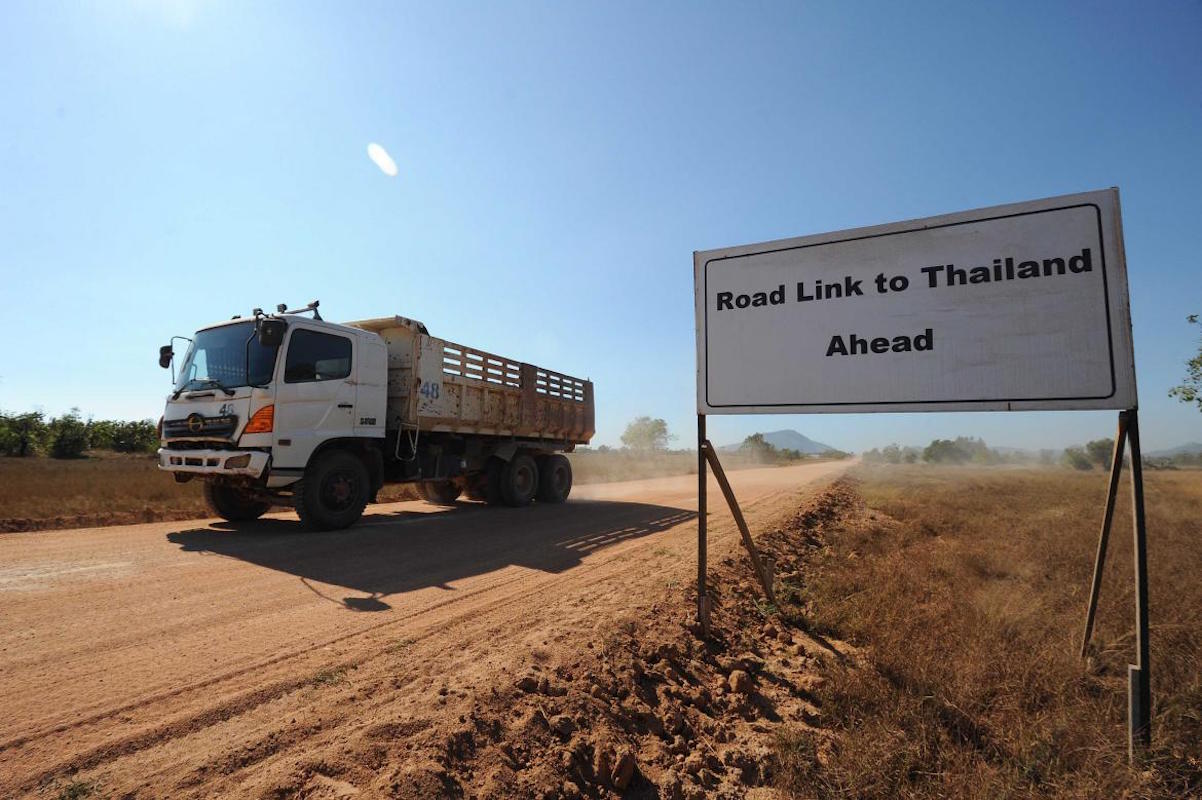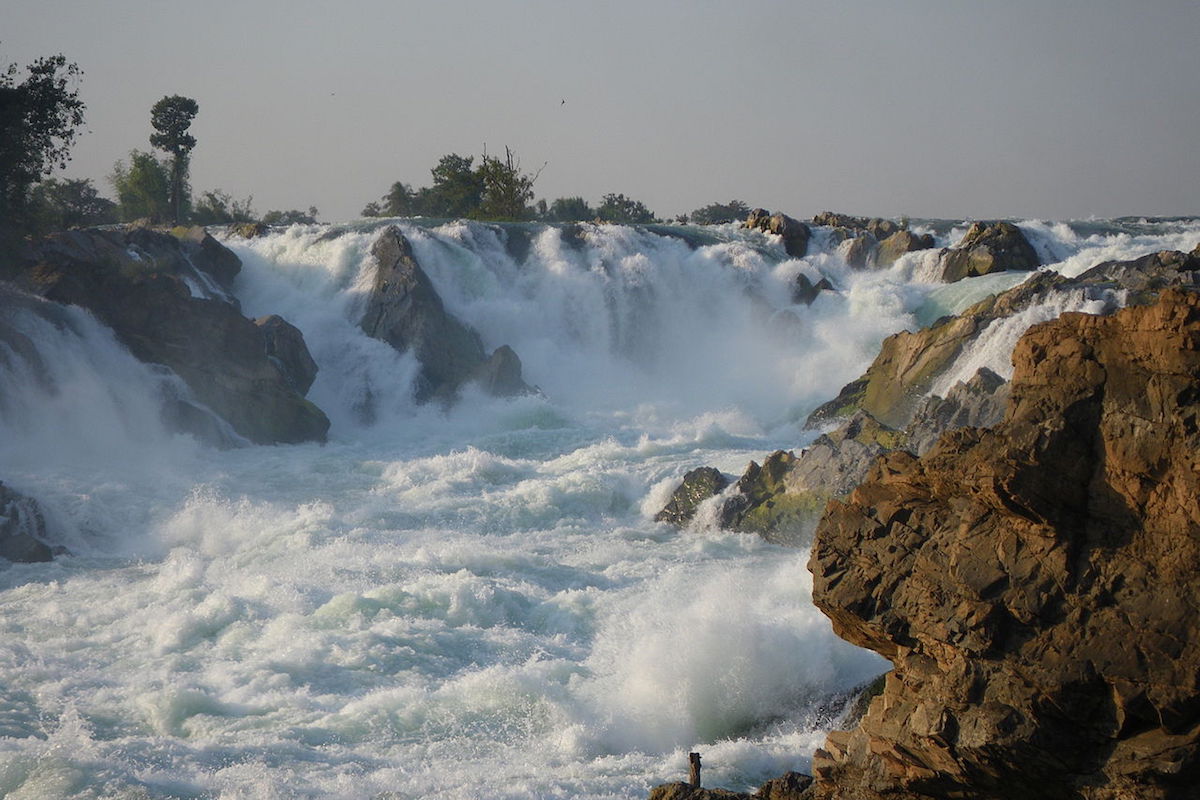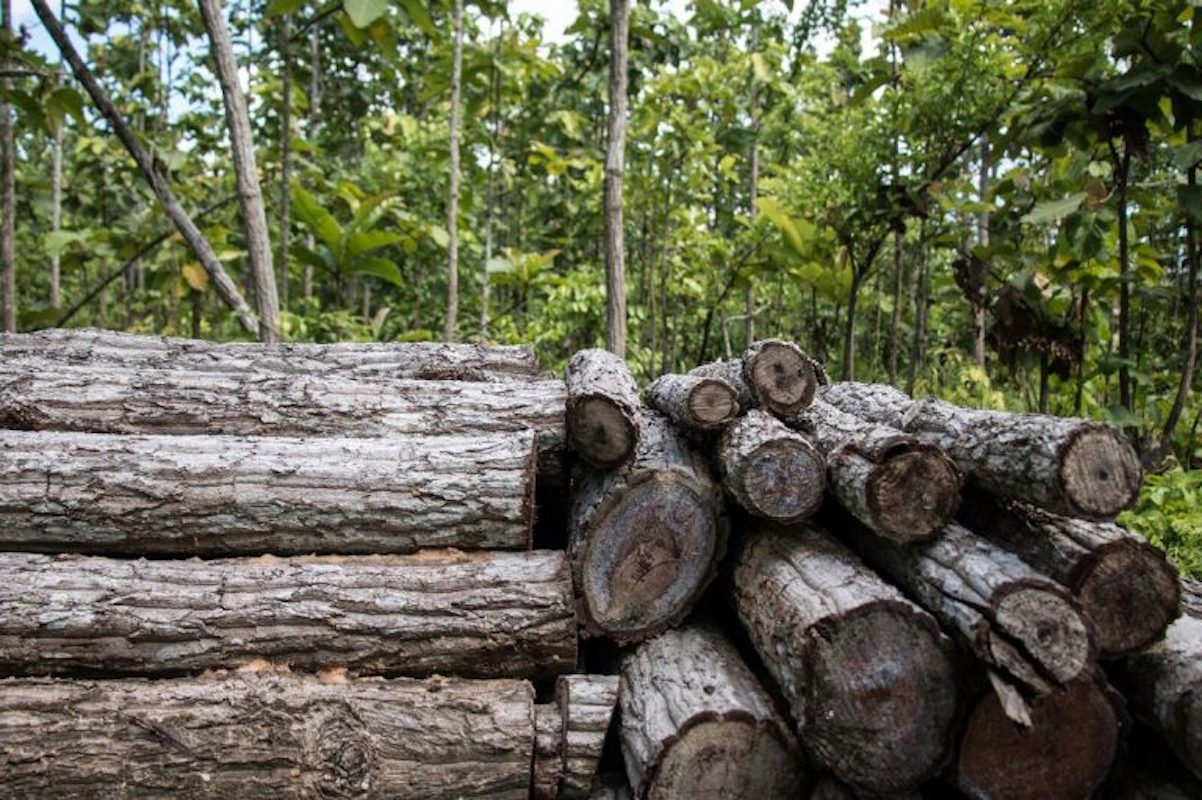As Thailand’s investments across ASEAN increase, the country must commit to human rights due diligence that has been lacking.
The intensive growth of Thai investments in ASEAN countries in recent years has demonstrated significant potential opportunities to expand markets and provide access to transboundary supply chains, raw materials, as well as the natural resources of the neighboring countries. According to Thailand’s Board of Investments (BOI), Thai investments abroad totaled 13.3 billion Thai baht in 2016 ($399.4 million) The sharp growth of Thai investments in ASEAN countries has been supported by the acquisition of intraregional trade agreements, and market opportunities to invest with corporate tax exemptions such as Myanmar’s Dawei Special Economic Zone (Dawei SEZ), an investment by Italian-Thai Public Company Limited.
In the CLMV region (Cambodia, Laos, Myanmar, and Vietnam), the emphasis on infrastructure development, creation of special economic zones and industrial complexes such as Dawei SEZ, and energy sector investments such as hydropower dams and coal mines (for example, Ye and Hpa Anh coal by Toyo-Thai Power Myanmar Company) characterize Thai outbound investments. The energy sector has been heavily invested in to secure electricity supplies for Thailand’s economic growth. Thai investments include large hydropower dams on the Mekong and Salween Rivers, such as the Xayaburi and Mongton dams, respectively. Thai investments in Cambodia are dominated by the agricultural sector; a good example are the economic land concessions for sugar plantations (such as Khonkaen Sugar and Mitrphol).
Thai investments in ASEAN have intensified at a breakneck pace. But without mechanisms being put in place in Thailand and the neighboring countries to ensure compliance with international human rights standards, they have resulted in a wide array of human rights infringements.





